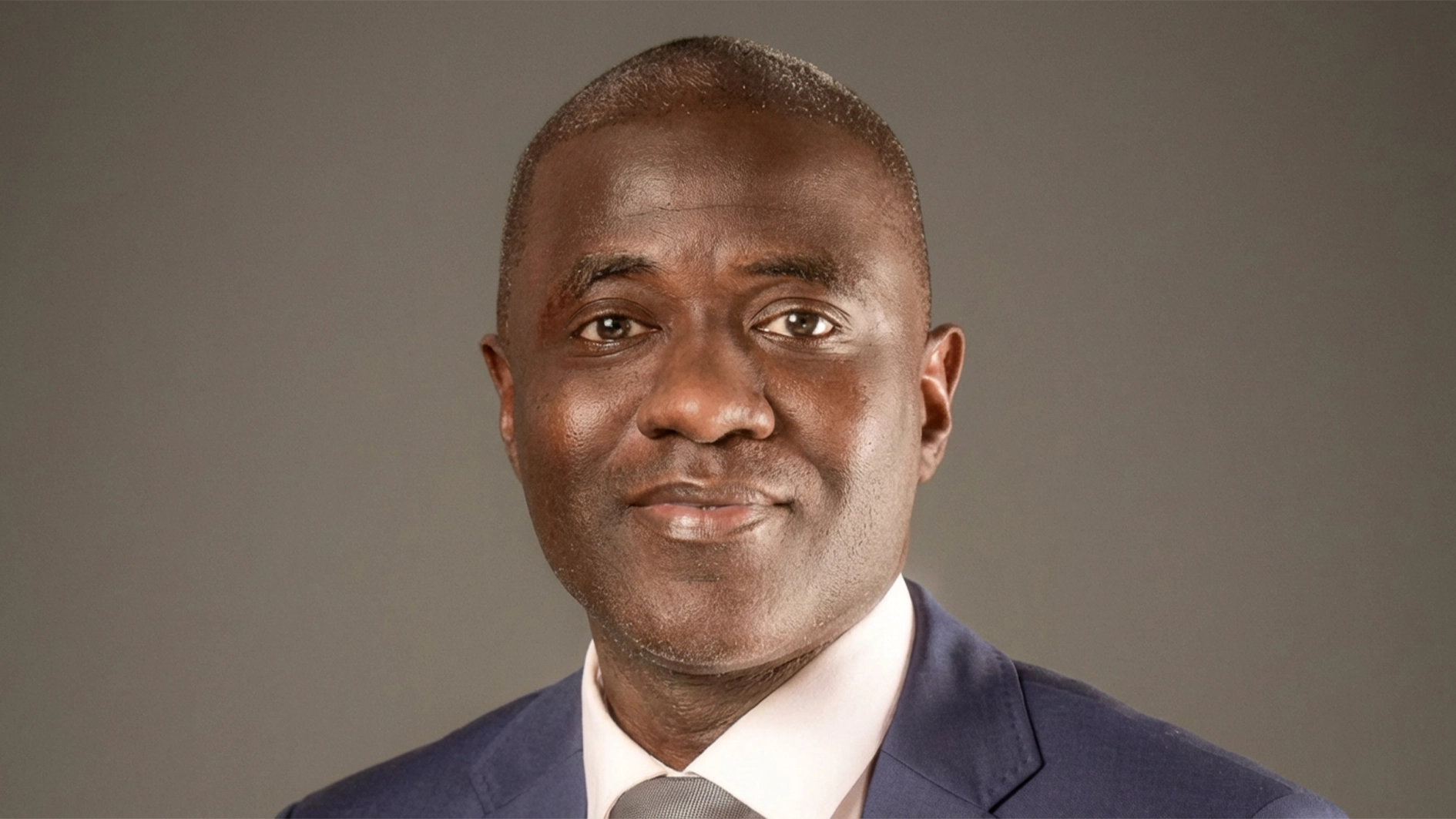
According to the chamber, boosting the PPP initiative in the shipping sector would boost freight revenue for local shippers, earn and help conserve foreign exchange and help develop indigenous capacity for global competitiveness.
Speaking during a breakfast meeting organised by the NACC, the chamber’s Deputy President, Otunba Oluwatoyin Akomolafe emphasised the need to promote and deepen the development of the shipping sector by boosting public-private participation in that critical sector, considering that the nation’s earnings from oil are dwindling.
“Nigeria has a strategic nation and with a growing shipping sector is plagued by many challenges. One of these is the low level of public-private partnership in the shipping sector.
A research carried out states that Nigeria generates more than 70% of the cargo throughput in West and Central Africa but presently, the sector is characterised by the domination of foreign flag vessels especially those of developed market economies”, he said.
The Guest speaker, Executive Secretary, Nigerian Shippers Council, Barrister Hassan Bello also established a noteworthy interrelationship between the nation’s economy and its weak infrastructure, highlighting that a poor infrastructure would restrict the growth and development of an economy.
Bello said that the deficit of infrastructure is in most part, responsible for the weak economy of most African countries.
“The deficit of infrastructure is in most part, responsible for the weak economy of most African countries”, he said.
He identified Marine transport as the base of shipping, adducing strong reasons for ports and shipping development, noting that over 90% of Nigeria’s international trade is carried on through shipping, saying that infrastructure includes ports, rail, highway, harbour, inland dry ports, pipelines, Truck Transit Parks, and Aviation.
[ad unit=2]






